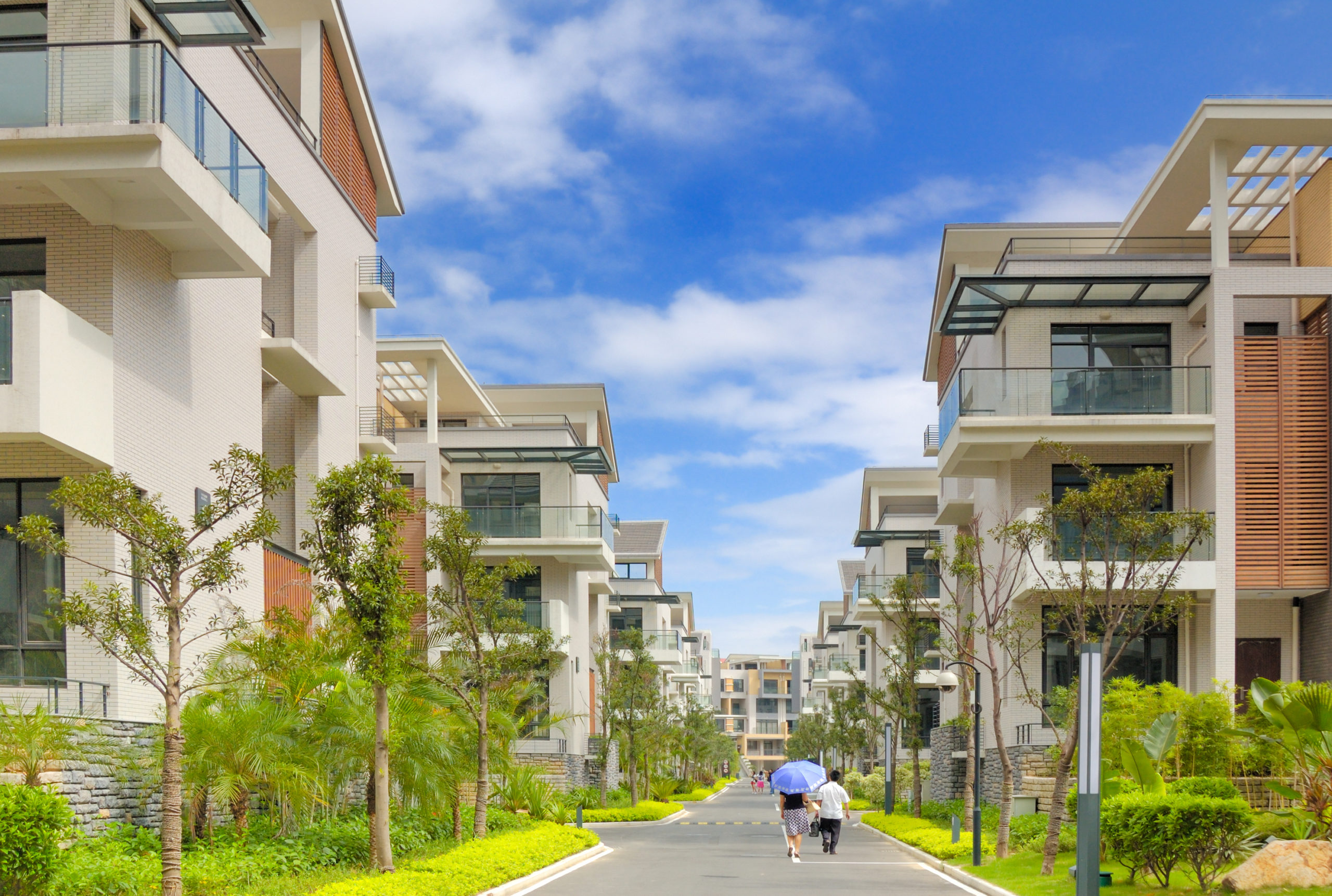After being granted seven extensions for the hearing, China Evergrande Group’s stroke of luck finally ran out on January 29 when it received a liquidation order from the Hong Kong High Court, initiating a process to dissolve what has become, by far, the biggest casualty of a property crisis that’s impacting the world’s second largest economy.
A liquidation order is typically issued when a company is unable to repay its debts or continue its operations. It can be voluntary or compulsory, with Evergrande’s case likely falling under the latter category. When a company is in a situation where its assets cannot cover its debts, and its efforts to negotiate with creditors and conduct asset restructuring do not succeed, creditors can apply to the court for liquidation, which is a legal avenue to resolving creditor-debtor relationships.
For Evergrande’s case, the petition for liquidation was first filed in June 2022 by Top Shine Global Limited, a strategic investor in the company’s online sales platform.
This ruling is the latest twist in a saga that saw Evergrande amass hundreds of billions of USD in liabilities. The company seemingly prospered during China’s property boom. However, largely fueled by debt, this phase turned out to be short-lived, transpiring into a real estate bubble with effects still felt in the present day.
Evergrande was valued at just USD 275 million on Monday before the ruling halted the trading of its shares, down more than 99% from its peak. Evergrande’s collapse is also by far the largest in a crisis that has dragged down China’s economic growth and led to a record number of defaults by developers.
With approval secured for the winding-up order, Evergrande’s liquidation will now test the legal reach of Hong Kong’s courts in China, where most of the firm’s assets reside. The market will likely pay close attention to what the liquidators can do after being appointed, especially whether they can achieve recognition from any of the three domestic courts that have been designated under a 2021 arrangement between China and Hong Kong. Notably, Hong Kong’s insolvency proceedings have limited recognition in China, whose courts may also appoint administrators in their jurisdictions.
The liquidators will likely face a tricky process if they cannot get such recognition. Most of Evergrande’s projects are operated by local units, which could be hard for the offshore liquidator to seize. Over 90% of the company’s assets are located in mainland China, according to a court filing.
Hui Kayan, founder and chairman of Evergrande, has also been under police control since September 2023 when he was first suspected of committing crimes. This could complicate how legal matters concerning the company proceed from hereon.
In a separate hearing, Alvarez & Marsal, one of the largest restructuring consulting firms, which notably managed the past case involving Lehman Brothers Holdings, was designated by the Hong Kong court as the liquidator to oversee the process. Eddie Middleton and Tiffany Wong, managing directors of the consulting firm, were appointed as joint liquidators to oversee the case, according to Bloomberg.
Concerning the overall debt situation of the company, Evergrande disclosed that, as of June 30, 2022, its total liabilities amounted to RMB 2.47 trillion (USD 347.9 billion), reduced to RMB 1.61 trillion (USD 226.7 billion) after excluding contract liabilities. Among them, borrowings were RMB 587.7 billion (USD 82.7 billion), accounts payable and other payables were RMB 926.4 billion (USD 130.49 billion), including RMB 541.1 billion (USD 76.2 billion) in payable construction material fees. Other liabilities totaled RMB 105.1 billion (USD 14.8 billion).
In addition, as of the end of November 2023, the number of unresolved lawsuits with a subject amount of RMB 30 million (USD 4.2 million) or more involving Evergrande properties totaled 2,053, with a cumulative subject amount of approximately RMB 490 billion (USD 69 billion).
As of the end of November 2023, Evergrande’s properties involving cumulative overdue debts amounted to approximately RMB 316.3 billion (USD 44.5 billion). The company’s properties had also accumulated approximately RMB 205.5 billion (USD 28.9 billion) in overdue commercial bills.
In various statements to the media, Shawn Siu, CEO of Evergrande Group, communicated that, despite the ruling, the company had made all efforts possible. He added that the company will do its best to ensure home deliveries and seek to stabilize operations by actively communicating and cooperating with the appointed liquidator, fulfilling relevant procedures, and advancing debt resolution and property delivery work in accordance with legal requirements.
According to data compiled by the China Index Academy, there are 1,322 unfinished projects with an area of over 300 square meters owned by Evergrande after September 2018. Cailian Press stated that this statistical data includes mainly first- and second-tier cities and some core third-tier cities, with some fourth-tier city projects possibly not being included. The last time Evergrande disclosed relevant data on property delivery was in December 2022, stating that it had achieved the delivery of 256,000 units from January to November 2022.
As of June 30, 2022, Evergrande held a land reserve of 230 million square meters. It was also involved in 87 urban renewal projects, including 62 in the Greater Bay Area (including 38 in Shenzhen) and 25 in other cities.
Industry insiders believe that Evergrande’s real estate project volume is not small, but the progress of its debt disposal is relatively slow. As of the end of November 2023, Evergrande had only dealt with 80 real estate projects.
Evergrande proposed its latest restructuring plan in January and had aimed to present new term sheets by March, according to Bloomberg. However, that effort failed to provide more breathing room.

